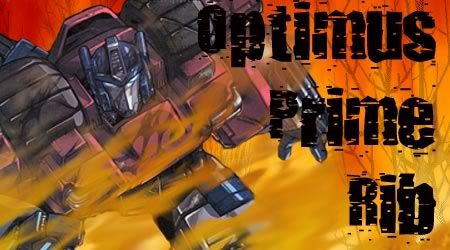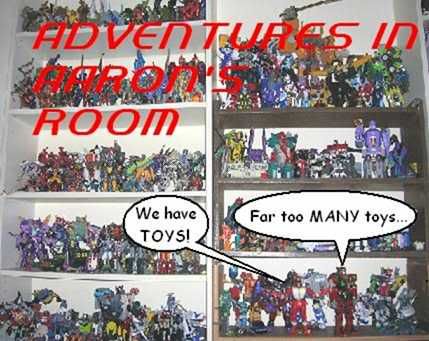Yaya wrote:I'm not even sure an argument comparing the two films is worthy of a response.
Well of course you can compare two different films and any influences they may or may not on each other or on film in general regardless of what you think of their quality. I've never liked
Thunderball very much but I would be silly to deny it's success and cultural impact as the peak of Bondmania (even if it's something that tends to get a little forgotten these days as From Russia... and Goldfinger are officially the "Classic" Connery's).
Equally, I don't mind
Bladerunner but find it, visuals aside, insanely overratted (I actually prefer the book for some reason even though it's basically the same plot. I think the long standing Hollywood tradition of miscasting the leads in Dick based films is what works against it. He was always writing about neurotic nervous men on the verge of complete breakdowns, not characters who could be played by Harrison Ford or Arnie) but again, huge huge impact. [Note, as much as I think effects wise the first Bay film was fairly revolutionary I'm not saying it's on the same level of importance/quality as these two films].
The debate actually comes from whether or not that influence is a good thing, there's a fairly vocal school of thought that Star Wars was the worst thing that could have ever happened to Hollywood for creating the modern blockbuster.
And considering they're similar genre, share some of the technical personnel and have enjoyed similar levels of popular success I really don't see what's so odd about comparing the two. And there's at least one definite influence the Bay films have had on the Marvel Universe, the ILM bods talked in the SFX interview they did when the
Iron Man came out about how their work was made much easier by already having the fighting robots experience.
Same idea. Avengers has more intelligent dialogue, better characterization, and easier-to-follow fight scenes without so much shakycam.
There pretty much was no shakeycam in the action scenes in DOTM though was there? Because shooting in 3D made it impossible IRRC. I recall of lot of fans reaction boiling down too "At last! I can see what's happening... but boy do I wish I couldn't". Considering Whedon isn't averse to shakeycam (his one previous film is full of it as a continuation of the visual style of
Firefly. Though in fairness, as with the Bay films, there seem to be a surprising- considering their critical lauding- number of people out there who have no time for either
Serenity or it's spiritual visual successor the new BSG because they find the space battles hard to follow).
Specifically RE: the Cary/Black Widow gender exploitation relativism in ID's post though:
Oh, I should emphaisise, I pretty much agree with you. I just don't find DOTM hugely more sexist and think if you're going to criticise the one for sexism it's hard not to level the same complaint at the other.
Reading the link, the two things that stand out as unfair criticisms (though mainly in context of the series as a whole, so if this is the only one the writer has seen I can understand their thinking...):
Carly being threatened in the car by Soundwave... Yep, I though KISS Players when I saw that scene, but near enough the same thing happens to Sam in the second one when he's tied down to the table by The Doctor. It's equal opportunity evil robot tentacle rape threat.
The treatment of Mearing... Again, she fulfils the same role and is treated with the same contempt as Galloway in the second one (I wouldn't be surprised if at some stage the character was going to be him). If anything she managed better as she goes beyond being an officious bureaucrat by the end and helps save the day. All her predecessor did was become so annoying Lennox threw him out a plane. If she is a bad character it's little to do with her gender.
The rest of it is more subjective, but I'd argue that the characters shown to perv over Carly tend to be either EVIL (Dempsey) or unquestionably nuts (Simmons and Sam's boss. Arguably Brains and Wheelie as well). Though it does raise the question if it's a double standard that the viewer is encouraged to admire the view when we're meant to find the characters in the film people to laugh at.



